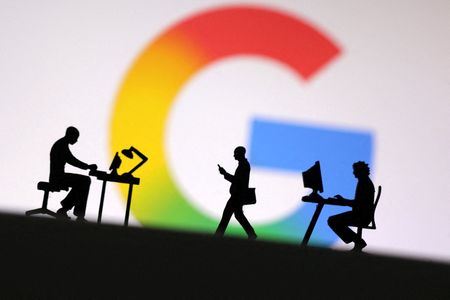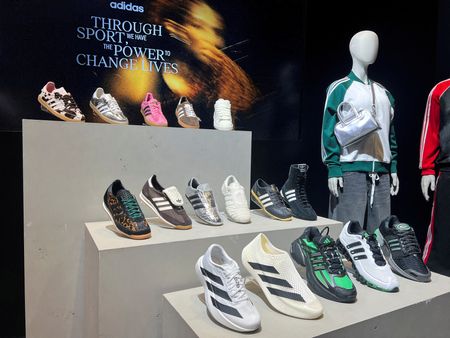By Blake Brittain
(Reuters) -Alphabet’s Google and artificial-intelligence startup Character.AI must face a lawsuit from a Florida woman who said Character.AI’s chatbots caused her 14-year-old son’s suicide, a judge ruled on Wednesday.
U.S. District Judge Anne Conway said the companies failed to show at an early stage of the case that the free-speech protections of the U.S. Constitution barred Megan Garcia’s lawsuit.
The lawsuit is one of the first in the U.S. against an AI company for allegedly failing to protect children from psychological harms. It alleges that the teenager killed himself after becoming obsessed with an AI-powered chatbot.
A Character.AI spokesperson said the company will continue to fight the case and employs safety features on its platform to protect minors, including measures to prevent “conversations about self-harm.”
Google spokesperson Jose Castaneda said the company strongly disagrees with the decision. Castaneda also said that Google and Character.AI are “entirely separate” and that Google “did not create, design, or manage Character.AI’s app or any component part of it.”
Garcia’s attorney, Meetali Jain, said the “historic” decision “sets a new precedent for legal accountability across the AI and tech ecosystem.”
Character.AI was founded by two former Google engineers whom Google later rehired as part of a deal granting it a license to the startup’s technology. Garcia argued that Google was a co-creator of the technology.
Garcia sued both companies in October after the death of her son, Sewell Setzer, in February 2024.
The lawsuit said Character.AI programmed its chatbots to represent themselves as “a real person, a licensed psychotherapist, and an adult lover, ultimately resulting in Sewell’s desire to no longer live outside” of its world.
According to the complaint, Setzer took his life moments after telling a Character.AI chatbot imitating “Game of Thrones” character Daenerys Targaryen that he would “come home right now.”
Character.AI and Google asked the court to dismiss the lawsuit on multiple grounds, including that the chatbots’ output was constitutionally protected free speech.
Conway said on Wednesday that Character.AI and Google “fail to articulate why words strung together by an LLM (large language model) are speech.”
The judge also rejected Google’s request to find that it could not be liable for aiding Character.AI’s alleged misconduct.
(Reporting by Blake Brittain in Washington; Editing by David Bario and Matthew Lewis)










